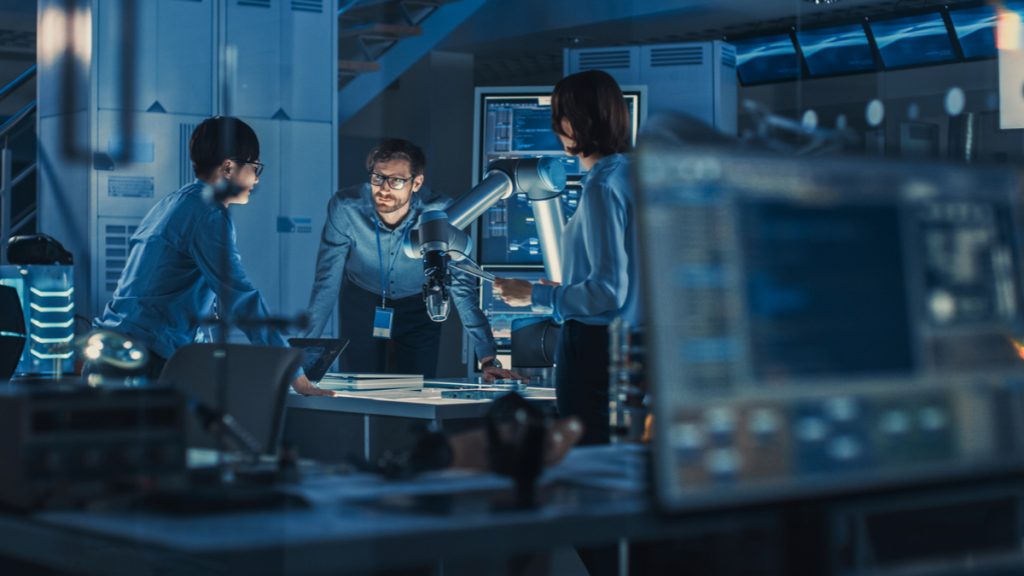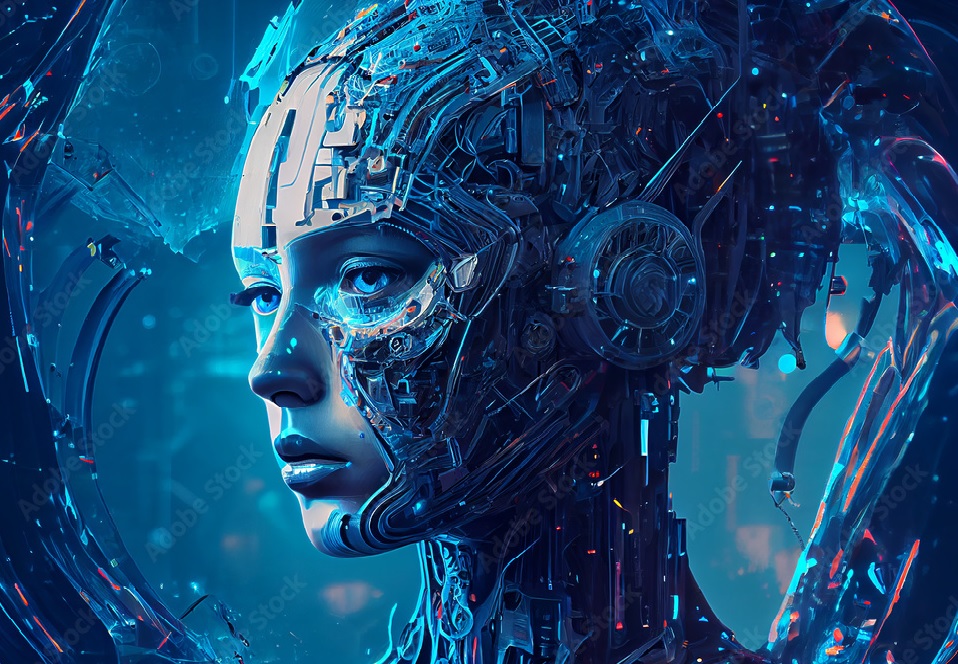Artificial intelligence (AI) has undeniably captivated our global consciousness, presenting itself as an exciting new frontier of technological exploration. It’s an evolving digital landscape that transcends traditional borders and revolutionizes the way we interact with our world. Today, we are asking ourselves the question: Is AI our future?
The answer, it seems, leans towards a resounding yes. AI has burrowed into our daily lives in ways that many of us don’t even realize. From smart home devices understanding our voice commands to tailored social media content based on our browsing habits, AI has positioned itself as a key driver in our technological advancement.
AI in our Everyday Lives
AI has ingrained itself into our lives, so much so that it has become an almost invisible companion. It’s in our homes as we ask Alexa for weather updates, in our phones predicting our next words as we text, and even in our cars, helping us navigate traffic. AI has been rapidly integrated into everyday tools and services, seamlessly blending into our routines.
The rise of AI is more than just a technological trend, it’s a societal transformation. It’s changing how we communicate, work, and live. It’s opening up new realms of possibility, from facilitating remote work to introducing novel ways to interact with digital content.
This adoption isn’t slowing down. Innovations in AI continue to accelerate, driven by the twin engines of vast data availability and exponential increases in computing power.
Potential Roadblocks on the Path to an AI Future
While the rise of AI is impressive, it isn’t without its hurdles. Concerns about privacy, security, and the impact on employment have been raised, acting as a potential roadblock to unchecked AI growth. The power of AI to collect, analyze, and use data can pose a threat to personal privacy, and there are valid fears around how AI could be manipulated for malicious intent.
Moreover, as AI systems become more capable, there is a concern about the displacement of human labor. AI’s ability to automate tasks could potentially render certain jobs obsolete, causing disruptions in the job market.

AI and its Ethical Implications
The ethical implications of AI are also a point of contention. Questions around the transparency of AI algorithms, their susceptibility to bias, and their regulation form a complex ethical web that is still being untangled. These issues are driving the conversation around the responsible development and deployment of AI technologies, urging us to confront these questions head-on.
Nevertheless, AI also offers opportunities for positive change. Its potential to tackle large-scale problems, from climate change to disease outbreak prediction, gives us hope that these technologies can be leveraged for the greater good.
AI: An Unavoidable Future?
As we stare into the horizon of an AI-driven future, the question is not so much if AI is our future, but rather how we will shape this future. Despite the challenges and ethical questions that AI presents, its potential to revolutionize our world is immense. It is imperative that as we move forward, we do so thoughtfully, addressing the concerns and maximizing the benefits AI brings.
In essence, AI is not just a part of our future—it is our future. It is set to redefine our world, the depth and breadth of its impact only limited by our imagination and our resolve to navigate its complexities. As we venture into this brave new world, one thing is clear: AI is here to stay. The future is here, and it is intelligent.

